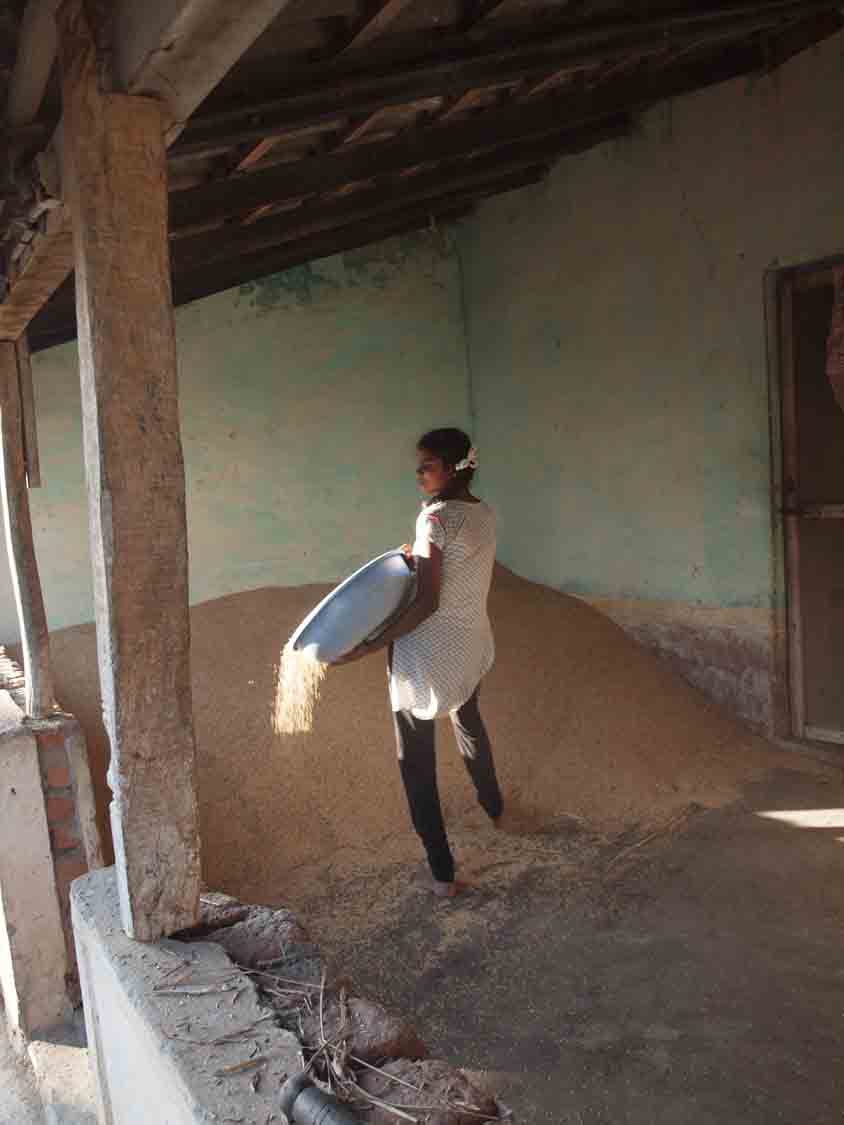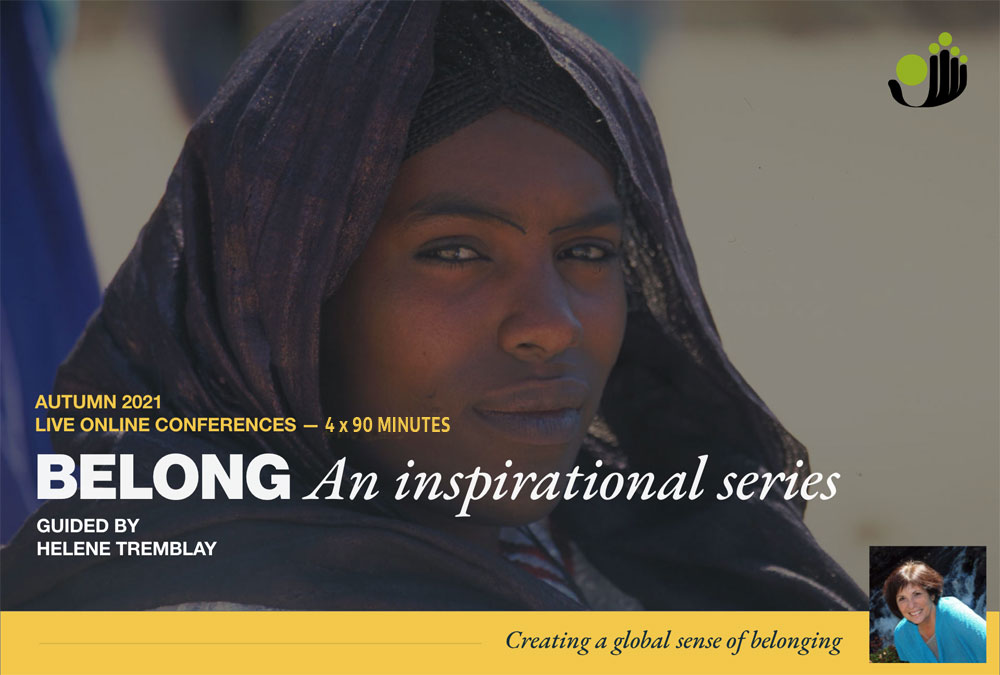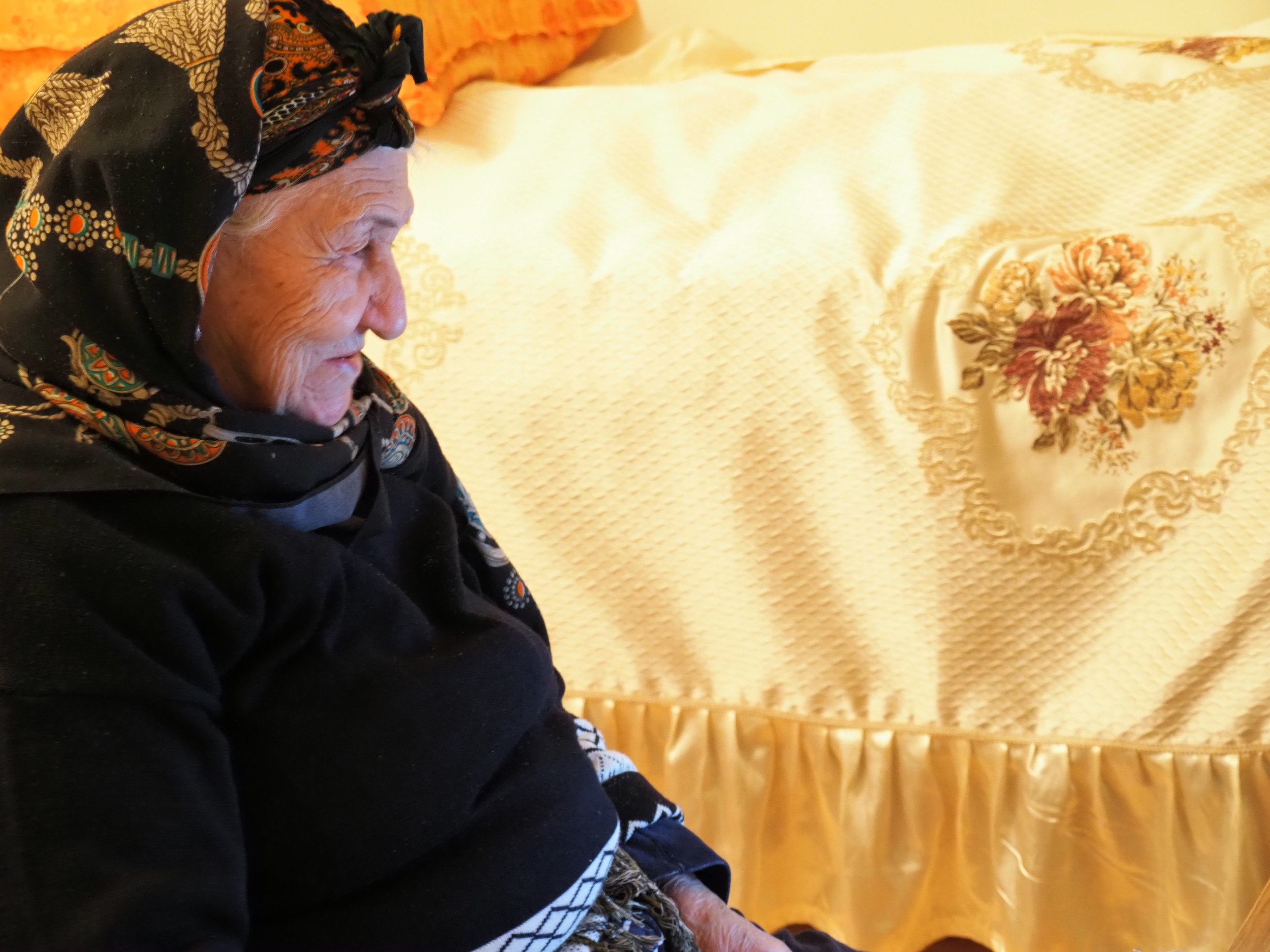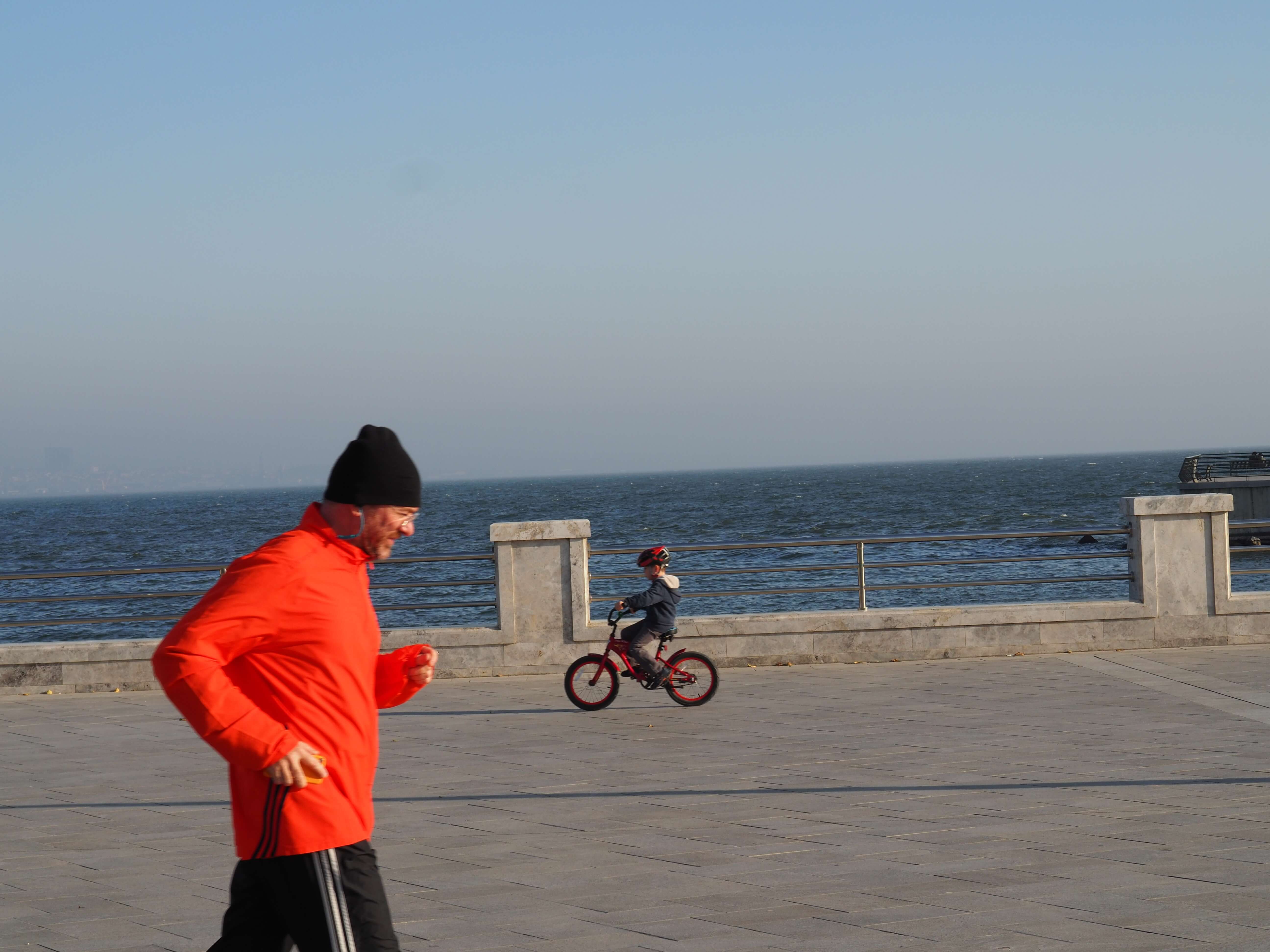We have all been beaten
As my stay with my family in the Mandya district of Karnataka comes to an end, I write: “I return to the village still affected. Yesterday, a fifteen-year-old girl was beaten by her mother with an offshoot, just before my eyes.” My reaction surprised me. I think I cried more than she did.
What does a teenage girl do on a Sunday in India? She would follow her mother’s order to get up every morning. First washing the evening dishes; sweeping the floor prior to study and then catching the bus to school. I thought she must have had a teenage life, friends with whom to forget chores and studies, but I was wrong. On Sunday morning, she hand washed the family cloth before helping at rice shredding in late afternoon.
It was Sunday afternoon and, being from the north, I found it hot. I took shelter inside, looking over my notes, reading a little. The men would be back from the fields with the last trip of the harvest. The girl’s mother was on the porch across the street with her brother’s wife and other “sisters”. A copy of what could have been India’s Got Talent was running on the television despite the fact that nobody was watching. Between washing the cloth and the next task, the girl dared to sit long enough to watch one song. After just two minutes of rest and enjoyment, her mother came running from the back door, a tree branch in her hands, heading straight to her daughter. She began hitting and yelling at her, treating her for being lazy and for not knowing about the difficulties of life.

Whenever the branch came down on her, it also came down on me. My tears rose and my throat tightened. I felt her humiliation deep inside of me. In the full crisis of adolescence, without the means to react and flee, I saw the resignation to her fate. I still cry at the thought.
Following the sudden attack, the girl sat with her head in her hands, unmoving. How can we know what is happening in the soul of another? In mine, two mixed emotions spontaneously arose. From the first hit, I wanted to scream, do something to stop the creation of a wound that could take a lifetime to heal. I wanted to tell her that I did not agree with her mother, that I had seen her work, that I knew she was not lazy. I know about humiliation my own tears said to her.
Then, as quickly as my tears came, I was overwhelmed by a wave of gratitude. I was thankful to life for allowing my free spirit to have been born in a young country, at a time when women took their freedom and transformed our culture. If I had been born, in Quebec, twenty-five years earlier, I probably would have had little choice but to just have sixteen children. There are no schools for parenting, but how I wish I could have told that mother that there were other ways.
Once calmed, I thought of my empathy always on edge and added to my lectures that freedom is culture. That to live without fear is culture, that to be free to choose is culture. I am happy that in my society, we have lifted our feet from that cement of tradition. I am proud of this new culture that I promote more strongly than ever.
When I recounted the event for the first time, I received a “welcome to India” and I was comforted by a “do not worry, she will recover, we were all beaten!”
“But will she recover from the humiliation of being beaten up in front of foreigner at the age of fifteen?” I wondered.
I was also told that fathers can beat their boys as late as nineteen or twenty years. Later in Kolkata, someone added: “The thinking here is that you are not a good parent if you do not beat your children, and you’re not a good teacher if you do not beat your students.” This has left me curious on the theme of the education of children in India.
Back with the advisors at the university, I was curious to ask if the mother had forgotten about me or if she wanted to show the power she had; show me she was head of something. The conclusion of our discussion was that it was more the fact that she had forgotten me a little.
I thought, I had not lost my capacity to be forgotten, allowing me to be a simple observer.




